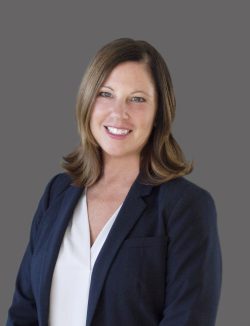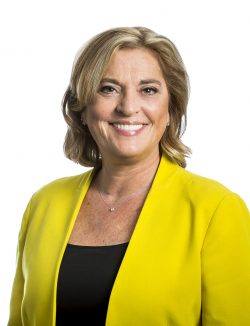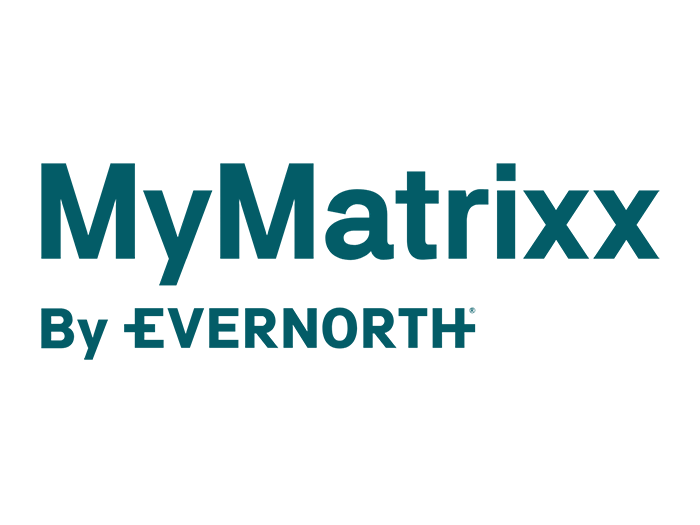Sponsored Content by Paradigm
Value-Based Partnerships Will Change the Face of Workers’ Comp Care

Value-based care is widely seen as the future of treating injured workers, but adopting it successfully in workers’ compensation requires industry-specific approaches.
To move from unbundled services to a holistic approach that maximizes patient outcomes, stakeholders throughout the claims process will need to adopt new best practices. Because of the unique characteristics of workers’ compensation, it will ultimately be up to providers, care managers, and payers to come together and develop standards of accountability.
With the launch of a first-of-its-kind value-based partnership, Paradigm and Shirley Ryan AbilityLab are redefining care models and enabling better outcomes for workers, payers, and providers.
“True success for value-based care in workers’ compensation requires unprecedented collaboration and establishing rigorous performance-based standards,” said Kathy Galia, Senior Vice President and General Manager, Clinical Solutions at Paradigm. “This new partnership with Shirley Ryan AbilityLab will further our longstanding value-based care model and lay much of the groundwork for future provider relationships.”
“A value-based model requires providers that are equipped to deliver the very best outcomes,” said Peggy Kirk, Chief Operating Officer for Shirley Ryan AbilityLab. She continued, “With our position as the leading rehabilitation hospital in the nation, we’re proud to step forward and enter into a new type of partnership with Paradigm that returns injured workers back to their lives.”
Two Leaders in Catastrophic Care Form an Industry-first Partnership

Kathy Galia, Senior Vice President and General Manager, Clinical Solutions at Paradigm
Paradigm is an accountable specialty care management organization committed to achieving the best possible outcomes for catastrophic workplace injuries. A core part of this approach is taking on the full risk of these cases to ensure injured workers and their families receive every essential aspect of care over the entire duration of the claim. This requires Paradigm to employ evidence-based practices and foster close relationships with elite providers.
“Paradigm has had a close relationship with Shirley Ryan AbilityLab for years,” elaborated Galia. “Our Systematic Care Management ModelSM is built on the ability to do whatever is necessary to ensure the patients we’re helping get the best treatment. Shirley Ryan AbilityLab has made that possible time and again.”
As Paradigm looked to continue development of an outcomes-based model of transparency and accountability with providers, Shirley Ryan AbilityLab was a clear choice for a new kind of affiliation that would only succeed with the industry leaders.
“Catastrophically injured workers have complex needs, not just from a physical rehabilitation standpoint, but from behavioral and mental health perspectives as well,” explained Kirk. “To truly deliver on a promise of outcome-driven and value-based care, providers need to be there from the very beginning and have the resources and expertise to treat the whole patient and family.”
As a facility that combines inpatient rehabilitation with innovative research, Shirley Ryan AbilityLab is recognized in both the workers’ comp industry and the broader health care space as a pioneer in functional outcomes.
Early Collaboration and High Standards for Functional and Behavioral Outcomes

Peggy Kirk, Chief Operating Officer for Shirley Ryan AbilityLab
For seriously injured workers, the treatment journey can take years and encompass multiple procedures and rounds of rehabilitation.
“Although the duration of care is often long term, there is always a sense of urgency when Paradigm takes on a case,” said Galia. “Timing is everything for evaluating the injury and setting realistic goals that are focused on reintegrating the individual into the community and returning them to work.”
In standard models of care management, treatment is typically approved well before any representative of the provider has had the opportunity to evaluate the patient. “There is too often a disconnect between the payer/care management side and the provider side when it comes to establishing outcome benchmarks for care,” said Kirk. “Providers have tremendous knowledge and experience that all parties can and should be leveraging as early as possible in the process.”
Under the newly established value-based partnership, Paradigm will engage Shirley Ryan AbilityLab from the very beginning.
“Just as Paradigm Network Managers make immediate contact with the injured worker and the family, now a liaison from Shirley Ryan AbilityLab will fly to the patient’s location within days,” explained Galia. “By forming this initial team early on, we can collaborate to gain insight more quickly into the patient’s status, which will enable us to establish achievable outcome goals.”
Added Kirk, “If we can use our resources to identify a potential recovery barrier, such as a behavioral health problem early on, we can integrate that information into the treatment plan from the outset. This approach helps reduce the risk of unforeseen circumstances that can delay or compromise progress.”
“Shirley Ryan AbilityLab has a wealth of clinical data and expertise that we’re thrilled to be able to leverage earlier than ever,” said Galia. “We need shared accountability and transparency for value-based care to function in our part of the industry, and I think that Paradigm and Shirley Ryan AbilityLab both share a common understanding that those ideals should ultimately serve injured workers.”
Going forward, both Galia and Kirk believe this will establish the working model for future collaboration between care managers and providers.
As Galia put it, “The people we help are counting on us to have these kinds of relationships going forward. Paradigm only wants to work with the best and most accountable providers, because ultimately that’s the level of care injured workers and their families deserve.”
Learn more about this collaborative relationship that will deliver positive outcomes for workers with catastrophic injuries so they can return to their families, communities, and to work.
This article was produced by the R&I Brand Studio, a unit of the advertising department of Risk & Insurance, in collaboration with Paradigm. The editorial staff of Risk & Insurance had no role in its preparation.










